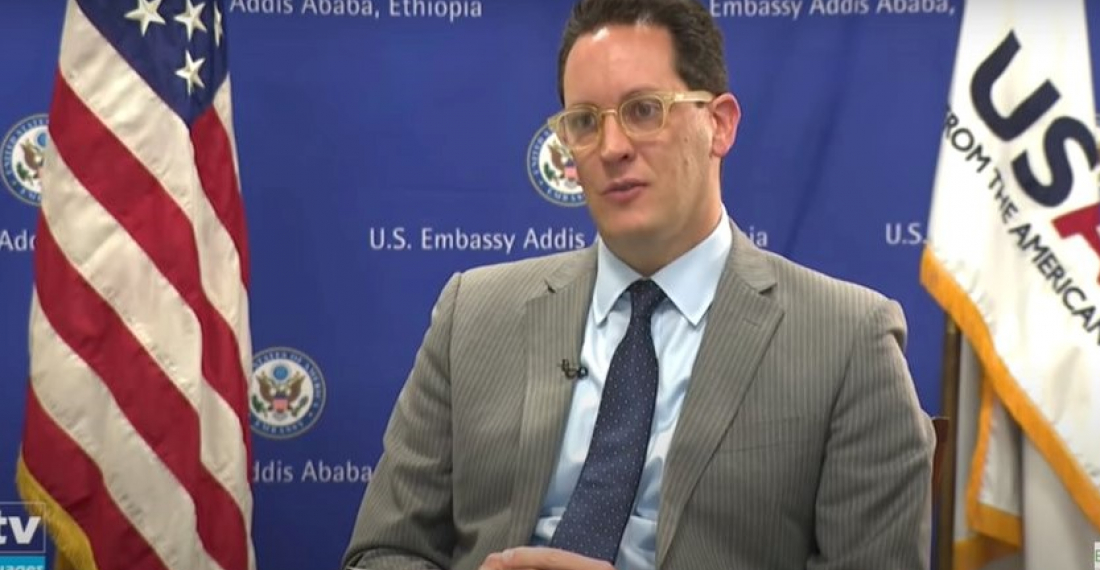Amid increasing violence in the fighting between the Ethiopian government and the Tigray People's Liberation Front (TPLF), who also have the support of other regional forces, civilians continue to bear the brunt of the suffering due to difficulties with distributing humanitarian aid.
In the ten months of fighting since the crisis erupted, thousands were killed and many more displaced or are in need of humanitarian assistance.
The war also came at an economic cost with many households finding that their living expenses have doubled due to the war, and the coronavirus pandemic. And it is not only the government that is being blamed for causing a humanitarian crisis. USAID's Ethiopia mission director, Sean Jones, said that TPLF forces had looted aid warehouses in recent weeks that belonged to the US government’s humanitarian agency in the Amhara region. The USAID official said that they had evidence of their claims.
The TPLF and the government forces have repeatedly exchanged accusations of hampering the flow of aid.
The Ethiopian prime minister, Abiy Ahmed, has been on a tour of East African nations in an effort to find a solution to the situation in Tigray. He has also visited Eritrea and Turkey. It is not clear what was discussed in these trips although bilateral relations and security issues were the main points.
On their part, the TPLF accused the African Union (AU) of bias following its appointment of former Nigerian president Olusegun Obasanjo as representative of the AU in the Horn of Africa and a mediator in the Ethiopian conflict.
Getachew Reda, the spokesman for the TPLF, said on Twitter that "Resolving a crisis requires at least the recognition of the existence, if not the importance, of a problem".
On his part, the prime minister is still rejecting any proposal to hold talks with the group.







